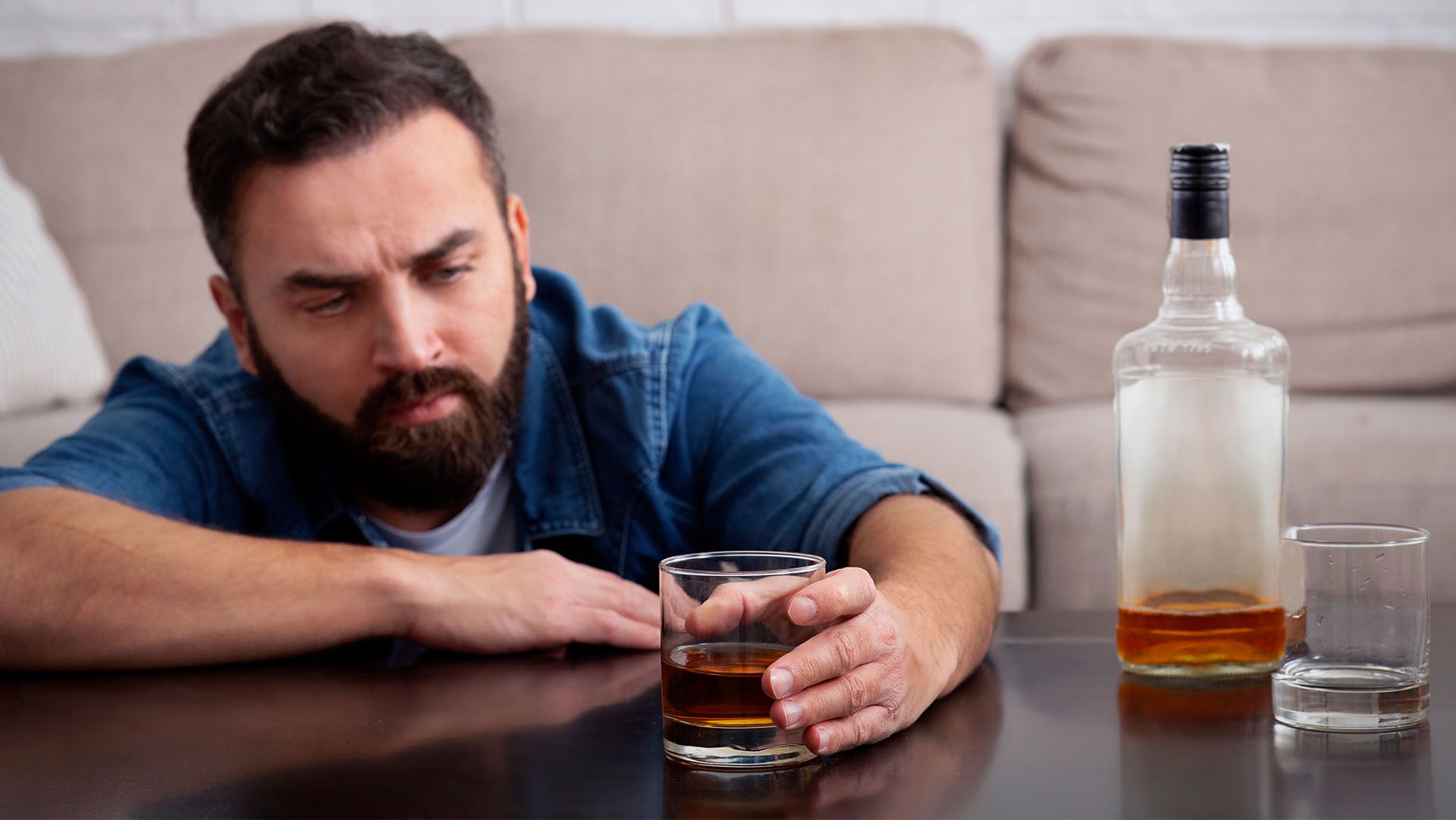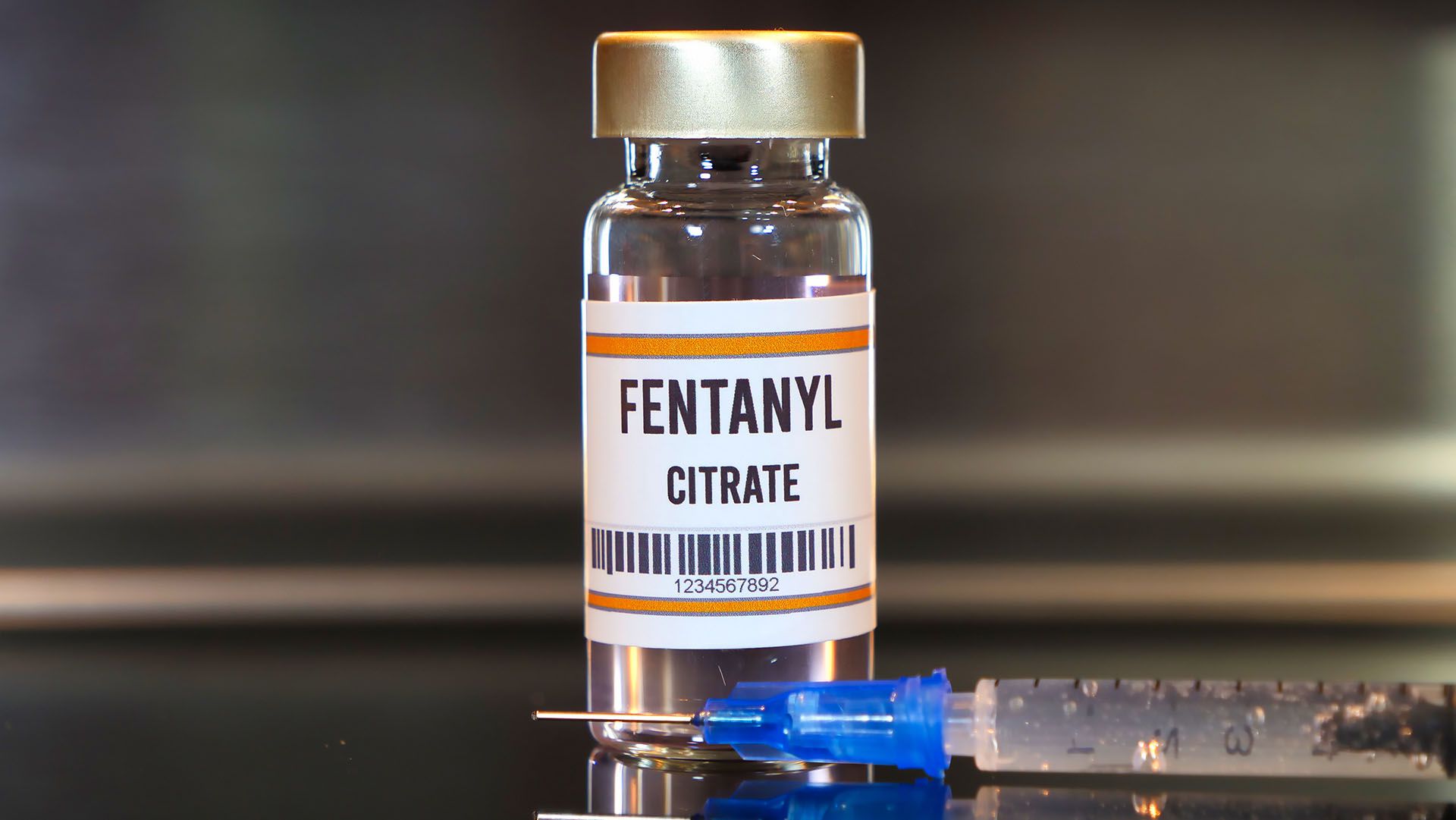Does Ontario Have a Drug & Alcohol Abuse Epidemic
Ontario currently faces an epidemic of drug and alcohol abuse. About 10% of the population currently has a substance abuse problem, and with 85% of Ontarians regularly drinking, half using marijuana, and about 20% using a prescription or street drug on a recreational basis, the potential for future addiction truly cannot be overstated.
Drug and alcohol addiction is a complex disease, and no single cause can explain every case of addiction. Social, family, interpersonal, and psychological factors all conspire to get and keep users hooked on alcohol and drugs.
If you or someone you love is an addict, understanding what causes addiction can help you stop blaming yourself and begin the journey to treatment. Addiction is not your fault, and not something you caused, but it’s up to you to find healthy ways to deal with the challenges of addiction.
Myriad resources in South Ontario can help you get better. Don’t delay treatment, or you only allow your addiction time to fester and overtake your life.
Accessibility of Drugs and Alcohol in Ontario
South Ontario is like the country’s gateway for drugs and alcohol. With its active club life, alcohol is plentiful, forming a key part of the social fabric, and readily available even at children’s school functions. For alcoholics, this temptation can prove overwhelming. Ontario also has one of the highest drinking rates in the world, which means that struggling addicts are forced to constantly resist the temptation of seeing other people enjoy their drug of choice.
South Ontario is also a hotbed for drug smuggling. Drug cartels and traffickers often enter the country through Ontario, which means they’ve established extensive networks for managing their inventory and getting new users hooked. Research consistently shows that access is a key predictor of drug addiction.
After all, no one ever became an addict by abstaining from drugs and alcohol. In Ontario, the use of drugs and alcohol has been normalized, particularly among young people, greatly increasing the chance that would-be addicts will use, and become addicted to, dangerous substances.
Family Pressure and Stress
Stress is one of the most significant predictors of drug and alcohol abuse. Research consistently shows that, especially among teens, family pressures and challenging life events are key predictors of drug and alcohol use. Some of the stressors that increase the likelihood of using drugs or alcohol include:
- Excessively controlling parents; research shows that parents who limit their children’s autonomy or attempt to control their children’s thoughts are more likely, not less likely, to turn their children into drug users.
- A recent failed relationship, such as a divorce or breakup.
- With a history of trauma, such as rape, domestic violence, or miscarriage; some users turn to drugs or alcohol to cope with the pain of trauma.
- Financial pressures.
- The recent loss of a job or other important source of identity. For instance, a college student who drops out of school or who is kicked out may turn to alcohol to drugs.
- Health problems; many addicts become addicted to the legal prescription drugs they use to treat medical conditions; others attempt to self-medicate with pain pills, marijuana, and even harder street drugs.
A History of Addiction
A history of addiction is a key predictor of drug and alcohol use, and with so many people in South Ontario already struggling with addiction, it makes good sense that so many continue to succumb to new addictions.
Addiction is a disease, and once you have it, you’re vulnerable to both relapsing and developing an addiction to new substances. Additionally, a family history of addiction renders people more vulnerable to addiction, for several reasons:
- There may be a genetic basis for addiction. For instance, some research suggests that a group of genes works together to increase tolerance for alcohol; people with this gene cocktail are more likely to drink to excess, and therefore more likely to become alcoholics.
- When addiction runs in the family, trauma often does, too. An alcoholic parent may turn violent or abusive, and a history of trauma greatly increases the likelihood that a person will turn to drugs or alcohol to cope.
- Like it or not, humans tend to unconsciously copy what they see. If your parents drank or used drugs, then reliance on these substances feels normal, and the dysfunctional behavior associated with addiction might not even feel out of place. Thus there’s a learning component to addiction, where children of addicts are more likely to normalize addiction.
- People who live among other addicts have access to drugs and alcohol, thereby increasing their likelihood of trying and becoming addicted to these substances.
Trauma and Psychological Difficulties
People don’t start using drugs or alcohol for no reason, willingly throwing their lives and families away. For many addicts, drugs and alcohol offer the only source of solace from the pain of mental illness. Others turn to alcohol and drugs to drown the misery of surviving trauma.
Psychological problems increase your vulnerability to addiction in a number of ways. These include:
- Self-medication. If your medication isn’t working or you haven’t yet sought treatment, drugs and alcohol may temporarily dull the pain.
- Addiction to psychiatric drugs. Prescription drugs are now the leading cause of addiction in the US. Even when you use them responsibly, it’s possible to get addicted.
- Many people with mental illness or a history of trauma rely on drugs to get a distraction from the stress of everyday life. Over time, this experimentation can lead to a dangerous and powerful addiction.
Boredom, Peer Pressure, and Other Factors
Not all drug and alcohol addiction results from serious psychological or family problems. If you use drugs long enough, you will become an addict, no matter why you use them. Some other factors that figure prominently in the addiction scene in South Ontario include:
- Peer pressure: Particularly among teens, pressure to use drugs can be overwhelming.
- Boredom: Some people use drugs and alcohol to cope with the boredom and stress of everyday life.
- Maintaining an image: In South Ontario’s club scene, being seen as adventurous and willing to take risks can be a benefit. Unfortunately, this sometimes means using dangerous drugs or drinking to excess.
Contact Addiction Rehab Centres Canada today!
Further Reading:
Enter a Drug Rehab Program in South Ontario
Enter an Alcohol Rehab Program in Toronto
Prescription Drug Abuse in Canada
How to Select a Toronto Drug Treatment Facility
Drug & Alcohol Addiction in Ontario: Facts & Statistics
FIT: Facts About Ontario Drug & Alcohol Abuse







